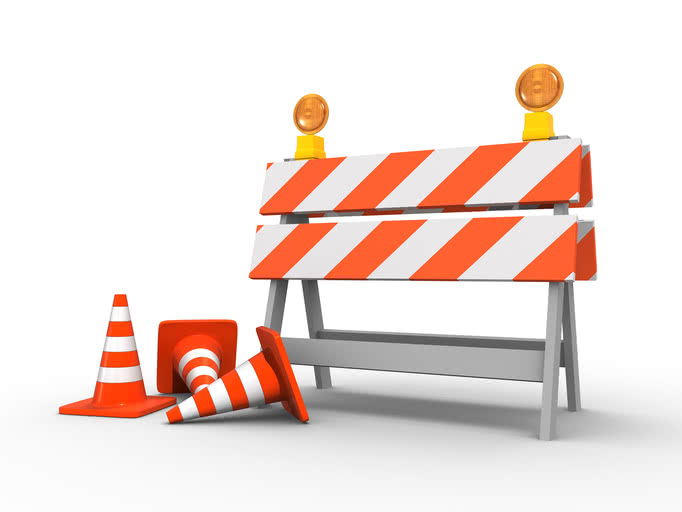From power outages to sandstorms, event organisers are trained for surprises. The worst ones are those that can make you cancel your event. And with the right plan in place, you can significantly reduce the possibility of cancelling your event.
Since no one can predict the future, here are five common reasons events are cancelled, and steps you can take in advance to avoid them.
1. Your venue cancels
After months of planning, you’ve done everything you can to prepare for your event. You’ve got your entertainment lined up, vendors confirmed, decor finalised, and then, the unthinkable happens: your venue cancels. Unfortunately, your venue’s problem becomes your event cancellation if you don’t have a backup site.
How to avoid it: When you’re shopping for venues, discuss what would happen in the case of the owner’s family emergency or other situations that could lead to a venue cancellation. That way, you’ll know your options ahead of time and have a solid plan B from the start. Also, make sure you a have backup venue solidified that you can call as a last resort.
2. A key vendor backs out
Finding out on the day of the event that a key vendor is a no-show is a common frustration for event organisers.
Maybe your largest brewer tells you last minute they can’t make it to your beer festival. Or your main sponsor — the one whose name is plastered on all your promotional materials — has a major emergency of their own. But this frustration could escalate to a cancellation if you don’t have a backup plan.
How to avoid it: Vet your vendors and confirm them in writing with plenty of time to spare before your event. Be sure to read through the contracts and ask questions (like what are the consequences of cancellations), and schedule weekly or monthly check-ins.
3. Unwieldy weather
While you can’t predict the weather, you do have to deal with the consequences. But when temperatures unexpectedly soar above 100 degrees or relentless rain knocks out your WiFi, you might be forced to cancel your event.
How to avoid it: Talk to your onsite crew and figure out what equipment you’ll need during a rainstorm to prevent flooding, provide shelter, and provide security throughout your venue.
Look at your onsite map and make sure you have enough water and fuel stations — and have the ability to increase the quantity at the last minute if there’s a sudden heatwave. And have plenty of portable heaters on hold in case you’re hit with a cold front. Finally, if your event is outdoors, secure an indoor backup option — either large tents or a building — something that has air conditioning and heat.
4. Missing paperwork
Behind the scenes of a festival lies a lot of paperwork. Alcohol licensing, vendor contracts, and city and noise permits are just a few approvals event organisers need. If anything isn’t submitted in time, events are at risk to be cancelled.
How to avoid it: Secure permits and finalise dates with the venue as soon as possible. When you connect with the venue, confirm capacity limits — how many attendees can you actually support — and determine your security needs. Doing so early will help mitigate the possibility of cancelling because a contract or permit wasn’t acquired or not enough security is available during your event.
5. Competing events
In a saturated market, events that don’t differentiate themselves quickly become irrelevant. When it comes to choosing events to attend, consumers have no shortage of options. If your event doesn’t stand out, other festivals might sell out — while you’re stuck cancelling an event due to low attendance.
How to avoid it: Give attendees more than one reason — beyond your headliner or your location — to show up. Adding unique elements to your event will help differentiate your festival from others.
Also, think about the timing of your event. When you’re considering dates, research what other events are taking place. Will your event be in a university town during summer break when most students are away? Does the city have a large sports community? If so, check the schedule to make sure no major games are being held at the same time.
Once you eliminate the most common sources of event cancellations, you can spend more time crafting the ultimate experience for your attendees.





